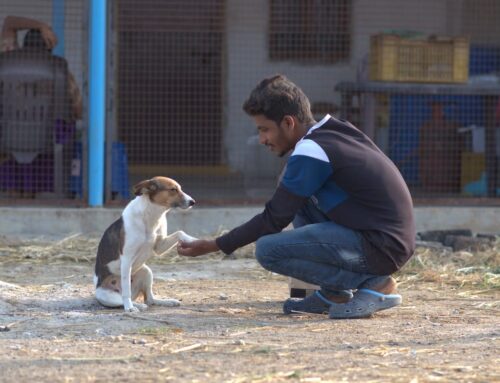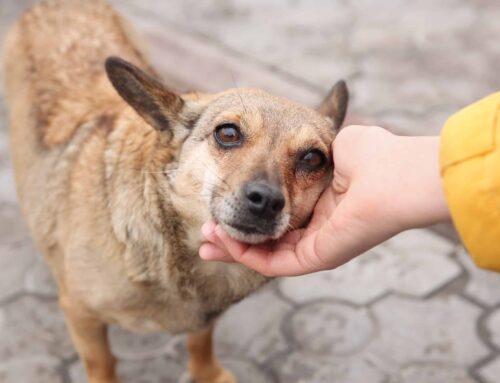What Is Animal Abuse?
Understanding the Different Forms and Their Impact on Pets and Stray Animals
Animal abuse is a pressing issue that affects countless pets and stray animals worldwide. By learning to recognize the various forms of animal mistreatment, we can take action to prevent it and contribute to the welfare of animals in need. This article aims to provide a comprehensive understanding of what constitutes animal abuse and how it affects pets and stray animals.
Types of Animal Abuse
Animal abuse encompasses a wide range of harmful behaviors toward animals, including:
- Physical Abuse: Inflicting deliberate harm on an animal, such as hitting, kicking, or burning.
- Emotional Abuse: Causing psychological harm to an animal, like continuous confinement or subjecting them to loud noises.
- Neglect: Failing to provide animals with basic necessities, such as food, water, shelter, and medical care. Sometimes, this can come as a result of hoarding animals, which often means that they do not get the necessities and care they need.
- Other Types of Abuse – Other forms of animal abuse include—but are not limited to:
- Animal rides
- Using animals in a circus
- Using animals as props
- Stray dog relocation
- Residential welfare associations (homeowners associations), neighbors, and schools/universities hiring people to relocate or kill stray dogs
- Animal sacrifice
- Monkey/snake charming
- Parakeet astrology (parakeets in captivity is illegal)
Recognizing the Signs of Animal Abuse
Some common signs of animal abuse in pets and stray animals include:
- Unexplained injuries or wounds
- Malnourishment or dehydration
- Poor grooming or matted fur
- Fearfulness or aggression
- Limping or difficulty moving
If you suspect an animal is being abused, contact your local animal welfare organization or law enforcement agency immediately.
The Impact of Animal Abuse on Pets and Stray Animals
Pets and stray animals who experience abuse can suffer from severe physical and psychological trauma. This can result in long-lasting health issues, behavioral problems, and difficulty adapting to new environments.
Animal abuse affects not only the animals themselves but also has broader implications for society. Understanding the consequences of animal abuse helps us recognize the importance of addressing this issue and promoting a culture of empathy and compassion for all living beings.
Helping Stray Animals
One crucial aspect of animal welfare is controlling the population of pets and stray animals. Spaying and neutering your pets not only prevents overpopulation but also reduces the likelihood of animals being abandoned, abused, or neglected.
You can also play a significant role in preventing animal abuse by getting involved with stray animals in your community. Learn more about ways to help stray animals, such as volunteering, providing food and water, or supporting local shelters.
At Stray Animal Foundation of India (SAFI), we are focused on helping stray animals in India receive the care and support they need. We work tirelessly to restore compassion to India’s relationship with its stray animals and ease the strain on the country’s overburdened shelter network. We do this in many different ways, including providing funding, shelter infrastructure, organizational support, vet care, supplies, guidance, resources, education, manpower, and more.
We rely on charitable contributions to continue the crucial work that we do, and 100% of contributions are deployed in the field. These donations directly affect the number of strays we are able to rescue, treat, and shelter. You can help us make a difference in the lives of India’s animals by donating to our cause today!










[…] Being aware of the laws helps individuals recognize the signs of animal abuse, allowing for early intervention and […]
[…] do people abuse animals? This is a question that many animal lovers and activists often ponder. Animal abuse is a widespread problem with severe consequences for both animals and humans. To better address […]